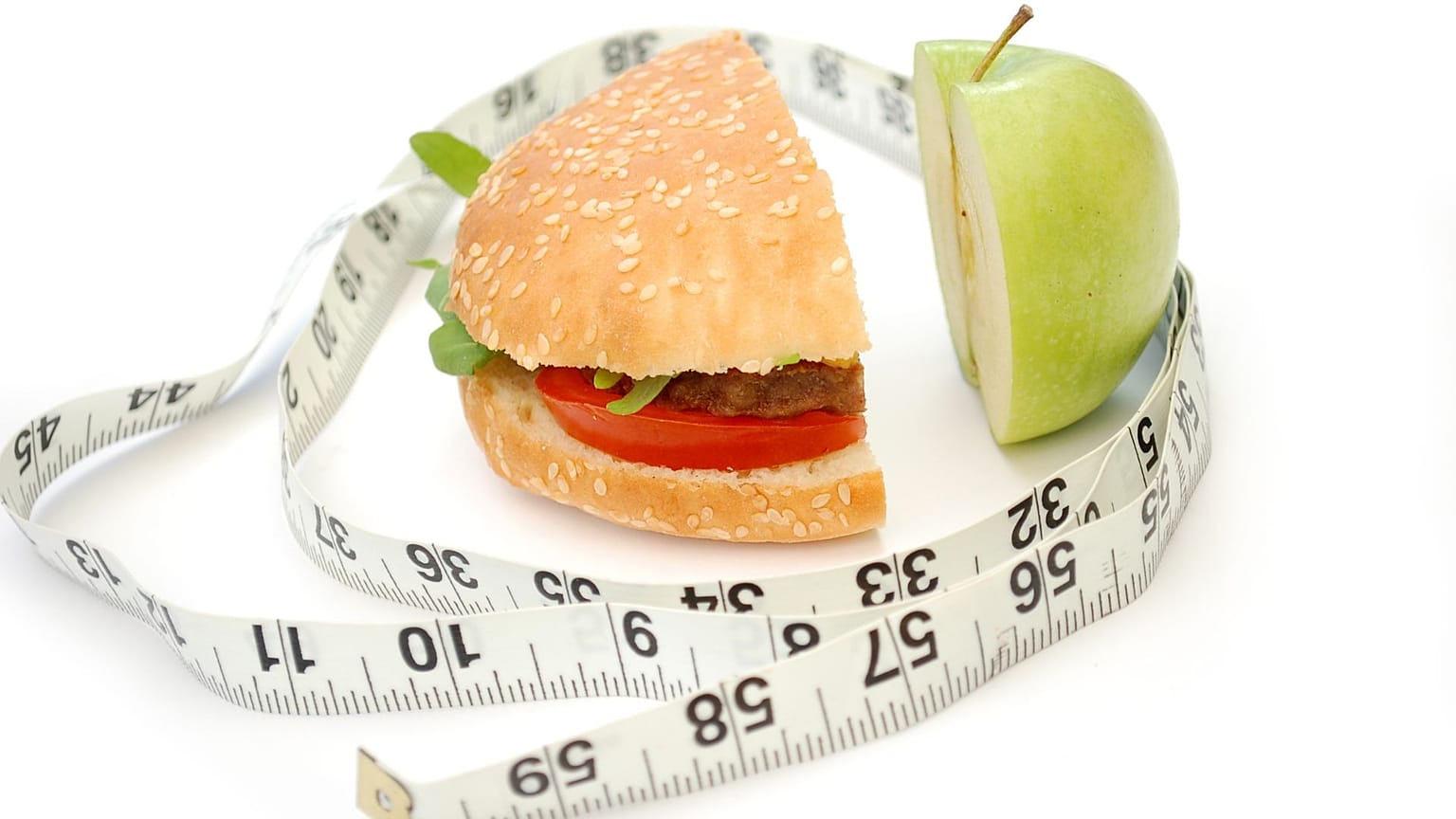Restaurant and fast food chains in the US with 20 or more outlets have to put calorie counts on their menus - and research shows this is saving thousands of lives.
Adding calorie labels to menus in restaurants could save thousands of lives and billions of dollars in healthcare and societal costs, a new study shows.
A US law implemented in 2018 requiring restaurants and fast-food chains with 20 or more outlets to display calorie labels on their menus has already shown a net decrease of 20 to 60 calories for each meal, the study found.
And based on national nutritional survey data, and modelling from Tufts University researchers, the policy is forecast to prevent at least 28,000 obesity-related cancer cases in the space of the lifetime of the cohort of adults involved, who were aged between 20 and 65.
This would prevent some 16,700 cancer deaths over the same time period, and save a combined $2.8 billion (€2.55 billion) in healthcare and societal costs.
The projections showed the greatest numbers of cancer deaths averted were for liver (4,530), postmenopausal breast (3,080), endometrium (2,060), kidney (1,980), and pancreatic (1,230).
Previous research shows how the policy could prevent a large number of cardiovascular disease and type 2 diabetes cases among US adults, but the health and economic impacts on obesity-related cancers had not previously been evaluated.
“It’s important for us to continue to show consumers, policymakers, and industry how small changes can lead to big benefits,” said lead author Mengxi Du, a PhD candidate in Nutrition Epidemiology and Data Science at the Friedman School at Tufts University.
“Our population-level view suggests that these labels can be associated with substantial health gains and cancer-related healthcare cost savings that could be doubled with additional industry response, such as by replacing high-calorie menu items with lower-calorie options or reformulating recipes”.
The study, published on Tuesday in the journal BMJ Open, estimated the group that would benefit most are young adults aged 20 to 44 - a group which is seeing a disproportionate rise in obesity-associated cancers.
The researchers said more still needs to be done so people from all backgrounds can benefit from the labelling policy.
“People with higher education or income levels are aware of the information in menu labels and how to understand it, but we need to put some effort into education among underrepresented, low-income, or at-risk communities because we still see some disparities,” said Du.
Studies estimate obesity-related cancers now represent around 40 per cent of all newly diagnosed cancer cases in the UK, contributing 43.5 per cent of direct cancer care costs.
One in three Americans are obese, and obesity is an established risk factor for 13 types of cancer.
Calorie counting on the menu in Europe?
While nutritional values have been required on pre-packaged food throughout the European Union for some years now, most countries in Europe still don’t mandate calorie counts on menus at restaurants.
Ireland came close to making it law, with the policy under consideration since 2015, but the government has since rowed back on implementing it.
One country outside of the EU that does require calorie counts on menus is the UK, which has had a calorie labelling requirement in place since 2022.
The law applies to businesses with 250 or more employees in England, including cafes, restaurants and takeaways, to display the calorie information of non-prepacked food and soft drink items that are prepared for customers.
The move is under consideration in Scotland and Wales.


















